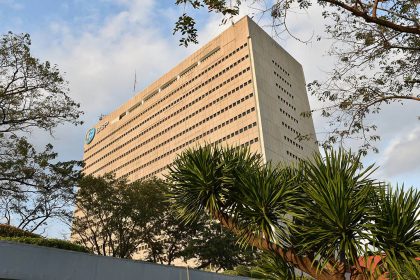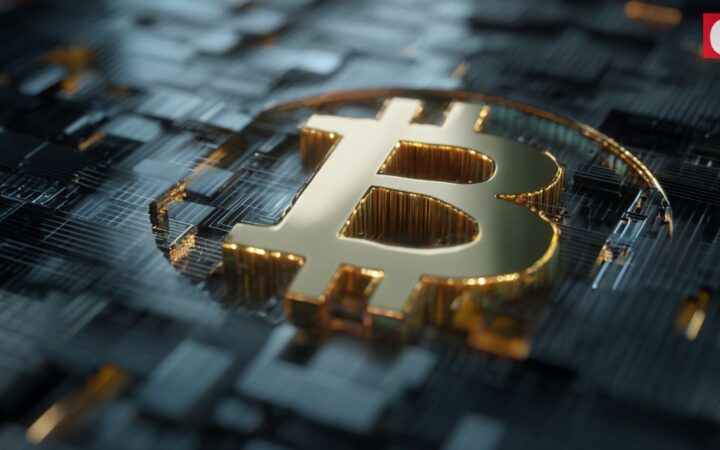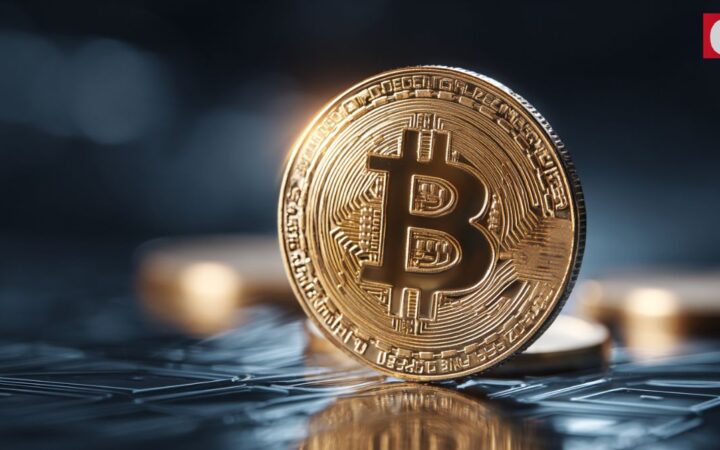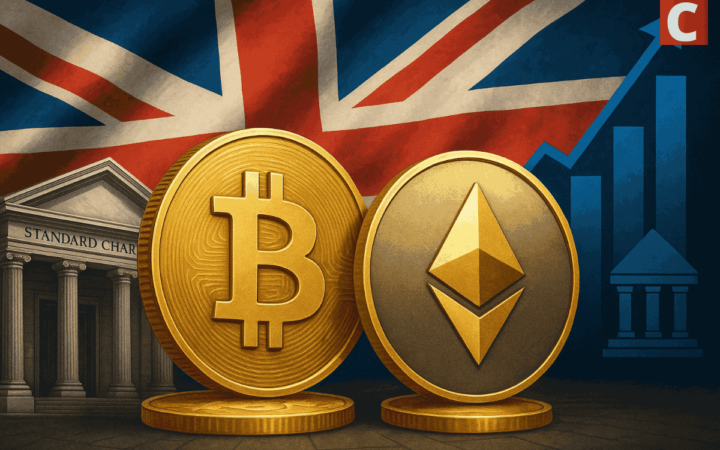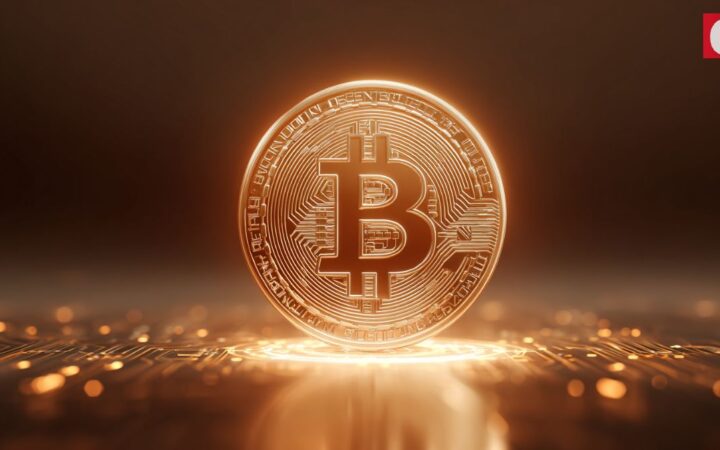The Philippines are quietly making some moves when it comes to cryptocurrencies. It seems that the Philippines is trying to join the forefront of the Crypto movement as opposed to some other world governments who seem to be focused on rolling out more and more regulations limiting the emerging industry.
“Melchor Plabasan, officer-in-charge at the Technology Risk and Innovation Supervision Department of the central bank, said newly approved were Bexpress Inc., Coinville Phils. Inc., and ABA Global Phils. Inc,” reports Manila Times.
The Cagayan Economic Zone Authority, which is an economic zone in the northern end of the country has also issued its own 24 permits for crypto exchanges, which brings the total count of official exchange websites to 34.
This is pretty impressive for such a relatively small country, but not surprising, given that at least 1 in 10 adult citizens of the Philippines is involved with crypto in one way or another and the figure is constantly rising. Given the recent of the bear market for cryptos and the sudden uptrend in the price of Bitcoin, that seems all the more likely.
Philippines: A New Crypto Haven
Over the last couple of years, the government of the Philippines has proven sympathetic towards the cryptocurrency industry. Loose regulations and a rapid rise of motivated local businesses associated with cryptocurrencies and blockchain heavily contributed to this fact.
The largest coin exchange in Southeast Asia, Coins.ph reports that as much as 10% of all adults in the Philippines are using their website. Publishing these numbers was one of the main reasons why Go Jeb, the huge ride-hailing and transportation company bought Coins.ph.
The crypto scene is the Philippines has grown deep roots. Dan Morehead, who is the Chief Executive Officer of the first crypto fund to reach billion-dollar valuation – Pantera Capital, has commented on the issue:
“A week or so ago, we announced that we sold Coins.ph in the Philippines and I think that is a great example of Bitcoin’s actual usage now and not 20 years from now. They have one out of ten adults in the Philippines as a customer. That’s very real. I think it is important for the community to really know that there are applications that are working right now.”
The Road to Embracing Crypto in the Philippines
The cryptocurrency community in the country has been growing at an unprecedented rate after the country’s government, or rather – the central bank settled the legal status of cryptocurrencies as that of methods for payments.
Back at the beginning of 2017, when the legal status was unveiled, the Bangko Sentral was saying that even though the country doesn’t wish to endorse or promote the cryptocurrencies, they recognize the need to regulate these assets properly and giving them the status of a remittance method was a step towards that goal.
The circular released by the central bank of Philippines reads:
“The Bangko Sentral does not intend to endorse any VC, such as Bitcoin, as a currency since it is neither issued or guaranteed by a central bank nor backed by any commodity.
Rather, the BSP aims to regulate VCs when used for delivery of financial services, particularly, for payments and remittances, which have a material impact on anti-money laundering (AML) and combating the financing of terrorism (CFT), consumer protection and financial stability.”
A Functioning Way of Regulating the Crypto Market
To say that the reputation of the government of the Philippines is controversial and dubious is to say nothing at all. Rodrigo Duterte’s regime has been accused of multiple human rights violations in its war on drugs and has conducted executions in broad daylight. However, when it comes to cryptocurrencies, the country is surprisingly progressive.
The governing and regulatory bodies of the Philippines have created a legislative system which works towards maximizing the security, trustworthiness, and legitimacy of the crypto exchanges that are allowed to conduct operations within the territory of the archipelago country. This system is reminiscent of that of Japan.
Japan was actually the first country to introduce a complex nationwide licensing system which screens and approves each of the exchanges that are allowed to operate within the country. The country’s Financial Services Agency rolled out the legislation that manually controls each crypto exchanges and efficiently weeds out the exchanges with bad or dishonest business practices and subpar infrastructure that can’t effectively safeguard the customer’s funds.
An approval process filters out subpar cryptocurrency exchanges and companies with poor infrastructures in place that are necessary to protect user funds.
The Unionbank of the Philippines has also installed the first crypto ATM in the country with the direct approval from the Bangko Sentral. The tactic that the country is taking with crypto is to regulate the industry in a comprehensive and complex way which still allows and even motivates it to grow and expand in the direction of massive adoption rates and sustainability.
Disclaimer: Coinspeaker is committed to providing unbiased and transparent reporting. This article aims to deliver accurate and timely information but should not be taken as financial or investment advice. Since market conditions can change rapidly, we encourage you to verify information on your own and consult with a professional before making any decisions based on this content.

Konstantin has been working in the financial services industry since 2011. He is over-viewing various updates in the technology, regulation, and market movements. He's passionate about cryptos and all things financial.
